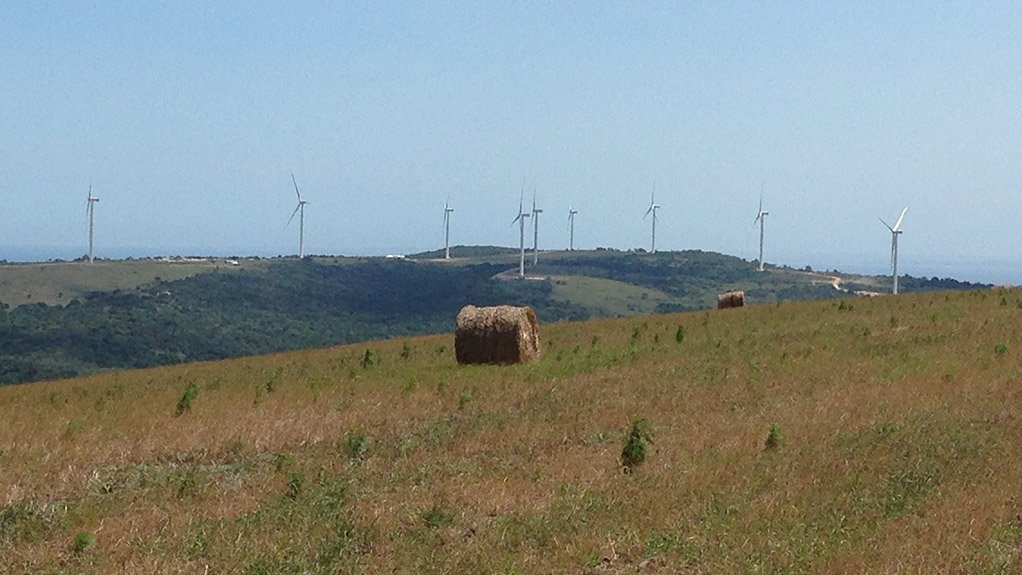Through its climate investment fund (CIF), the African Development Bank (AfDB) now supports one regional and 25 national investment plans across Africa.
The AfDB supported countries by implementing projects in investment plans through the CIF’s clean technology fund, forest investment programme (FIP), pilot programme for climate resilience and programme for scaling up renewable energy in low-income countries (SREP).
In its 2014 annual report, ‘Financing Change: AfDB and CIF for a Climate-Smart Africa’, which was released this week, it was revealed that an additional $500-million in funding was provided by the AfDB and the CIF – for a total $2.1-billion – for allocation to 16 projects that were already under way in 11 African nations.
The AfDB had also provided funding for the implementation of renewable-energy solutions in an additional nine poor countries.
Further, 34% of the $8.1-billion global CIF portfolio was allocated to Africa, according to the region’s unique needs.
The annual report highlighted five areas of growth in the four programmes in 2014.
The portfolio moved into full implementation in the 16 original AfDB CIF investment plans and, in some cases, to a second stage of development, such as in concentrated solar power (CSP), in Morocco, and geothermal energy, in Kenya.
Following that, the AfDB had added newcomer pilot projects in Benin, Ghana, Lesotho, Madagascar, Malawi, Rwanda, Sierra Leone, Uganda and Zambia under the SREP.
It also assisted countries in moving forward with efforts to engage the private sector at the local and national levels, including through innovative private sector projects in Kenya, Mali, Ghana and Mozambique.
Innovative financial solutions, such as financial intermediation, were facilitated through local commercial banks and long-term debt financing in local currency. And lastly, an integrated approach was taken towards mitigation and adaptation in the forest and agriculture sectors through the FIP.
“Through the AfDB CIF portfolio, we are beginning to witness countries seeing economic transformation take place first-hand by incorporating low-carbon and climate-resilient solutions as an integral part of their ongoing business of development,” AfDB environment and climate change manager Kurt Lonsway said in a statement.
He added the role of the AfDB was to provide climate finance to effectively help countries create bankable climate-smart projects.
In 2014, the AfDB’s work through the CIF and other multilateral development banks had helped move that work substantially forward.
The projects already under way covered a range of climate-smart solutions including CSP, wind and geothermal energy, as well as increased energy efficiency, institutional frameworks and innovative financial mechanisms for renewable-energy projects, climate-resilient land and water solutions, climate forecasting and early warning systems, and participatory management and local community engagement in sustainable forest solutions.
The AfDB expected these projects to result in transformational impacts not only in climate-related sectors but also in a range of development sectors.
Some project areas are expected to see a 2.1 GW increase in energy through renewables, a 390 MW increase in geothermal capacity, significant poverty reduction and an exponential increase in rural microenterprises.
EMAIL THIS ARTICLE SAVE THIS ARTICLE
To subscribe email subscriptions@creamermedia.co.za or click here
To advertise email advertising@creamermedia.co.za or click here











